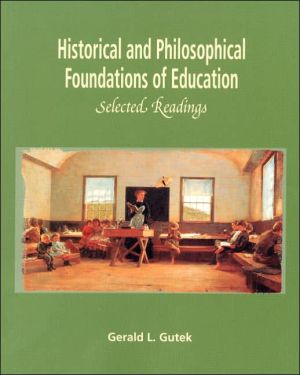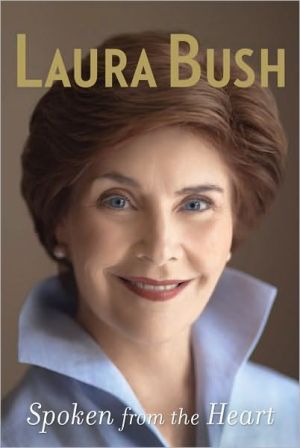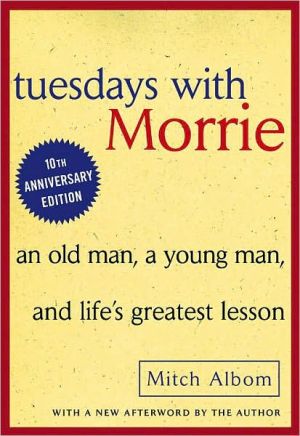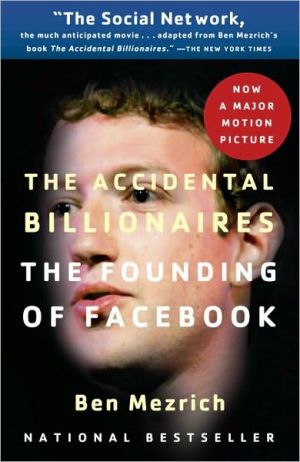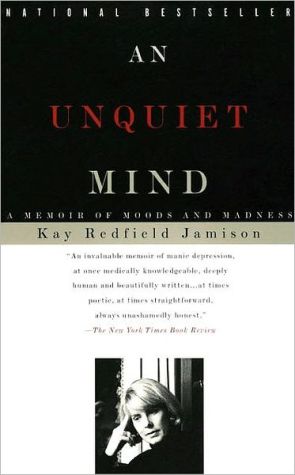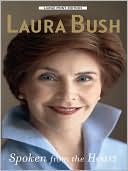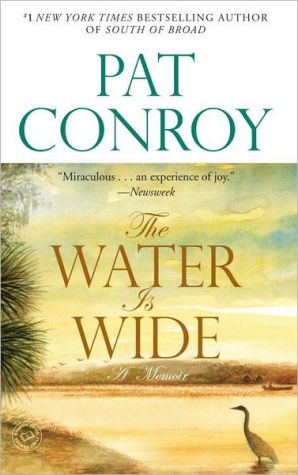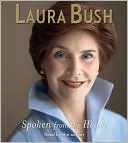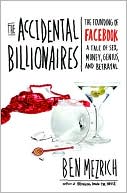Historical and Philosophical Foundations of Education : Selected Readings
This book contains readings that provide a keen understanding of the education profession through the writings of the world's great educational thinkers. The selected educational thinkers and the primary sources in the book—situated in history, philosophy, and ideology—reflect the major movements in world history. Significant issues in education, schooling and teaching, and learning, are addressed in the readings and provide a perspective that offers a continuum from past to present to...
Search in google:
This book contains readings that provide a keen understanding of the education profession through the writings of the world's great educational thinkers. The selected educational thinkers and the primary sources in the book—situated in history, philosophy, and ideology—reflect the major movements in world history.Significant issues in education, schooling and teaching, and learning, are addressed in the readings and provide a perspective that offers a continuum from past to present to future. Contributing authors include Aristotle, Plato, Thomas Aquinas, John Calvin, Jean Jacques Rousseau, Thomas Jefferson, Mary Wollstonecraft, Friedrich Froebel, Jane Addams, Maria Montessori, Mohandas Gandhi, and Mao Tse-tung. Brief profiles of each author give readers a personal context of those who shaped educational philosophy and theory—and the very definition of what we call education.For professionals in education.
Preface\ Historical and Philosophical Foundations of Education: Selected Readings developed from my more than three decades of teaching the history and philosophy of education at Loyola University Chicago and as a visiting professor at Northern Michigan University, the University of Glasgow in Scotland, and Otterbein College. It can be used as a companion volume with Historical and Philosophical Foundations of Education: A Biographical Introduction, or it can be used as a separate text. The overriding goal in the book is to provide teachers, prospective teachers, and educational administrators and personnel with an understanding of their profession by exploring its historical and philosophical roots through the writings of the world's great educational thinkers. ORGANIZATION AND COVERAGE\ The book provides primary source readings from the works of the world's leading thinkers on education. It is organized around three broad themes: major educational movements in world history, the biographies of leading educators, and the philosophies and ideologies that emanated from their ideas.\ The identification of educational thinkers and the selected primary sources in the book reflect the major movements in world history: Plato, Aristotle, and Quintilian represent the Greek and Roman classical period; Thomas Aquinas, the Middle Ages; Erasmus, the Renaissance; John Calvin and Johann Amos Comenius, the Protestant Reformation; Jean-Jacques Rousseau and Johann Heinrich Pestalozzi, the Enlightenment and post-Enlightenment periods; Thomas Jefferson and Mary Wollstonecraft, the age of revolution; Horace Mann, the foundations of the Americanrepublic; Robert Owen, John Stuart Mill, and Herbert Spencer, the industrial revolution and the rise of ideologies; Friedrich Froebel and Maria Montessori, the development of new insights on early childhood education; Jane Addams and John Dewey, the progressive movement; Mohandas Gandhi, the end of imperialism in the postcolonial world; Mao Tze-tung, revolutionary Marxism; W E. B. Du Bois, the rise of African American consciousness.\ Each primary source is preceded by a biographical sketch and discussion of the thinker's principal ideas on education. These brief biographies and discussions are designed to give the great movements of educational history a human face and perspective. The selection is introduced by focusing questions, which guide the student in reading the selection. The reading is followed by suggestions for further reading.\ The selections, which are situated in their historical contexts, were chosen because of their relevance to philosophical and ideological questions in education. What did the educational thinker have to say about the nature of truth and value, the meaning of education, and the role of schooling? How did the thinker conceive of teaching and learning? For example, an examination of Plato's ideas leads to a consideration of philosophical Idealism; Aristotle's ideas, to Realism; Thomas Aquinas, to Thomism; Erasmus, to Humanism; Comenius, to Pansophism; Rousseau, to Naturalism; and Dewey, to Pragmatism.\ The choice of selections is also designed to provide students with an understanding of ideology and how it influences educational policy. Here, Robert Owen provides insights into utopianism, Mary Wollstonecraft into feminism, John Stuart Mill into liberalism, Herbert Spencer into social Darwinism, Jane Addams into progressivism, Mao Tze-tung into Marxism, and W E. B. Du Bois into Pan Africanism. FORMAT\ The book is divided into 22 chapters, each of which examines the life, ideas, and a primary source selection of one of the world's great educational thinkers. It builds, in chronological fashion, from the ancient classical Greek and Roman period to the modern thinkers of the twentieth century. Each chapter is organized into the following sections:\ \ A Biographical Sketch examines the key events in the educational thinker's life and work.\ An Overview of Ideas on Education creates a historical and philosophical framework for analyzing the selected primary source reading.\ Focusing Questions introduce the primary source selection and suggest ways of getting to its historical and philosophical relevance for educators.\ The Primary Source brings students directly to the thinker's own statement of educational philosophy and ideology.\ Suggestions for Further Reading include books both by and about the particular educational thinker.\ \ FEATURES \ Historical and Philosophical Foundations of Education: Selected Readings offers the following special features:\ \ It provides a knowledge base in the historical, philosophical, and ideological foundations of education that is based on primary sources.\ It encourages students to discover, in a guided and structured way, the foundational roots of education.\ It considers history, philosophy, and ideology of education in a single book.\ \ ACKNOWLEDGMENTS \ I appreciate the advice, support, and patience of Debbie Stollenwerk, my editor at Prentice Hall, who encouraged me to write and edit this book.\ I want to thank my wife, Patricia, and my daughters, Jennifer and Laura, for their continuing love and interest in my work as a teacher and writer.\ Gerald L. Gutek
1. Plato: Idealist Philosopher and Educator for the Perfect Society. 2. Aristotle: Founder of Realism. 3. Quintilian: Rhetorical Educator in Service of the Emperor. 4. Thomas Aquinas: Scholastic Theologian and the Creator of the Medieval Christian Synthesis. 5. Desiderius Erasmus: Renaissance Humanist and Cosmopolitan Educator. 6. John Calvin: Theologian and Educator of the Protestant Reformation. 7. Johann Amos Comenius: Pansophist Educator and Proponent of International Education. 8. Jean Jacques Rousseau: Prophet of Naturalism 9. Johann Heinrich Pestalozzi: Proponent of Educating the Heart and Senses.10. Thomas Jefferson: Advocate of Republican Education.11. Mary Wollstonecraft: Proponent of Women's Rights and Education.12. Horace Mann: Leader of the Common School Movement.13. Robert Owen: Utopian Socialist and Communitarian Educator.14. Friedrich Froebel: Founder of the Kindergarten.15. John Stuart Mill: Proponent of Liberalism.16. Herbert Spencer: Advocate of Individualism, Science, and Social Darwinism.17. Jane Addams: Advocate of Socialized Education.18. John Dewey: Pragmatist Philosopher and Progressive Educator.19. Maria Montessori: Proponent of Early Childhood Education.20. Mohandas Gandhi: Father of Indian Independence.21. W.E.B. DuBois: Scholar and Activist for African American Rights.22. Mao Tse-tung: Revolutionary Educator.Index.
